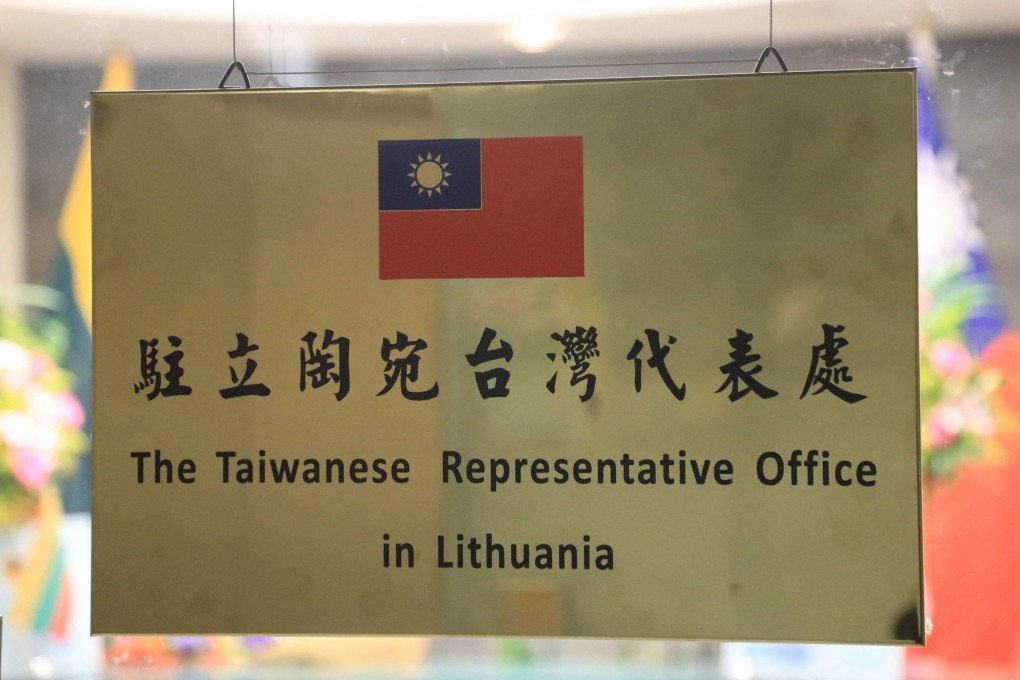My Take | Lithuania is a US proxy against China
- By setting up the ‘Taiwanese Representative Office’ in Vilnius as a template, Washington and other Western governments can calibrate their diplomatic war against Beijing while claiming to be respecting ‘one China’

Lithuania’s anti-China stance has been years in the making. Beijing might simply have ignored the early warning signs before Vilnius’ big decision to jump into bed with Taiwan.
No small countries would want to antagonise a more powerful one without clear incentives. For Lithuania, that can only be closer relations with the Western alliance headed by Washington.
They prove to be far more irresistible than whatever investment and development loans Beijing has promised under the so-called 17+1 initiative with the less developed countries in Central Europe and the Baltic.
In fact, for lack of a better word, the strategy, a lesser European version of the Belt and Road Initiative, has been unravelling in recent years, not just with Lithuania but with most of the others as well.
Politics is largely geography. That helps explain why America’s anti-China policy has been far more successful in the Baltic and Central Europe than with the Asean nations. Countries in Southeast Asia know they have no choice but to live with behemoth China. Those in Europe fret far more about Russia.
